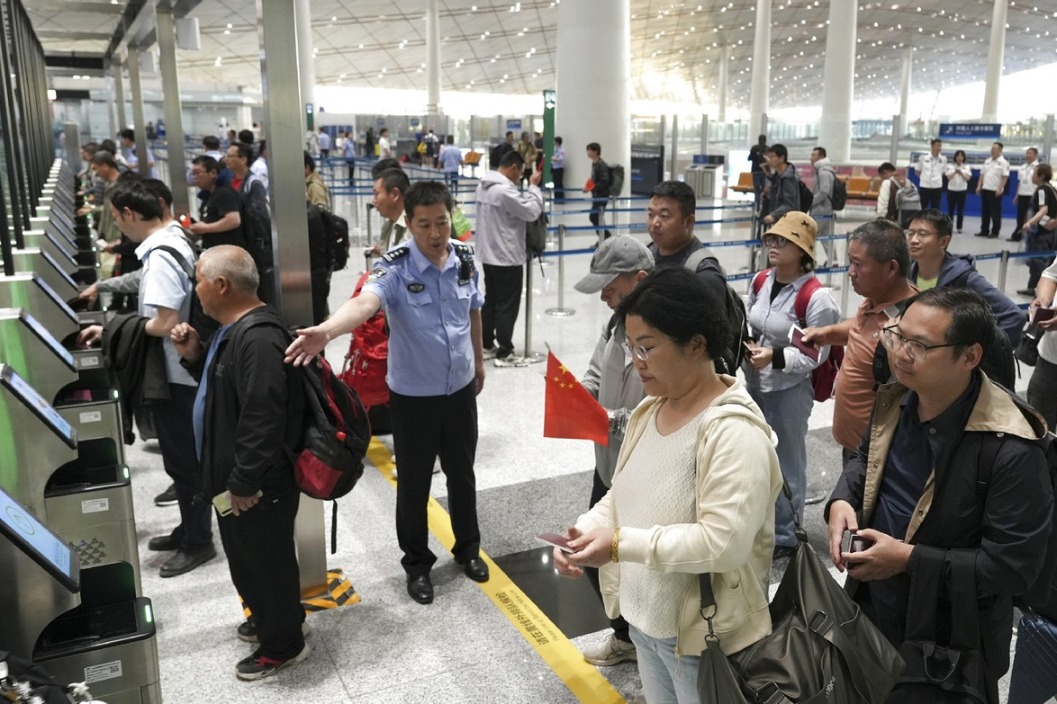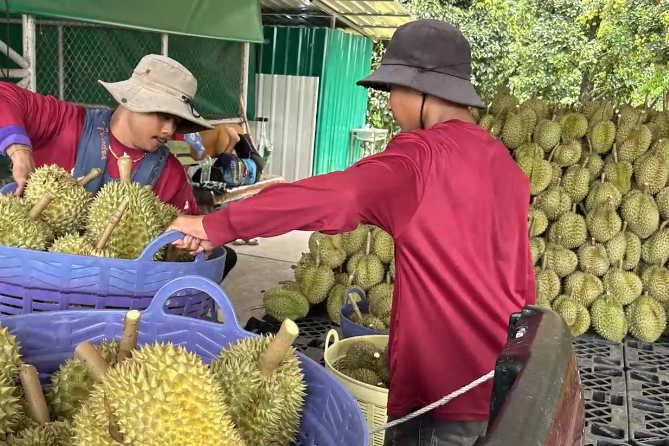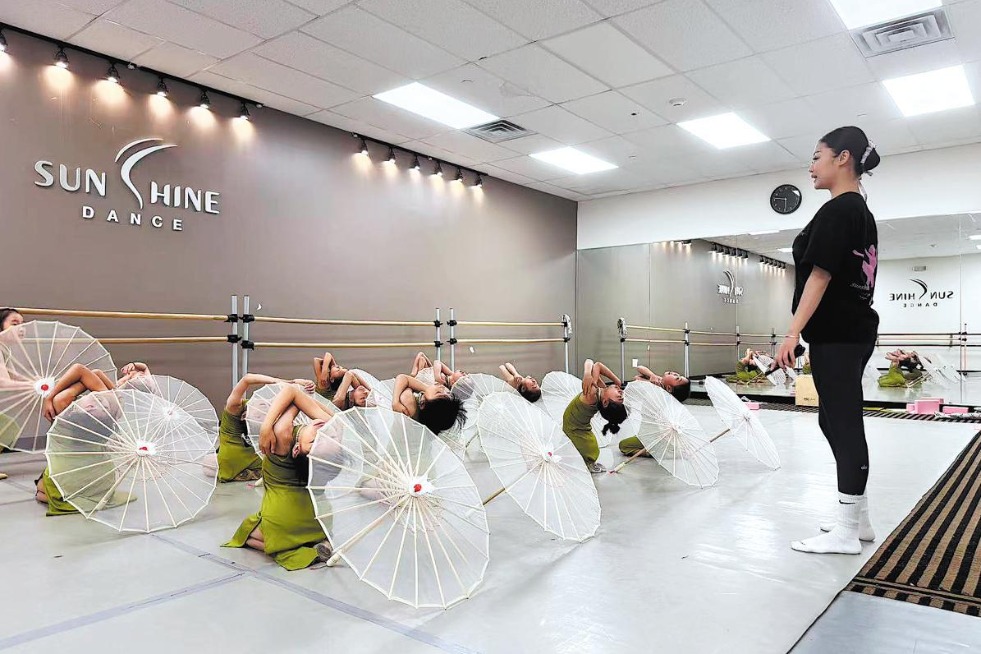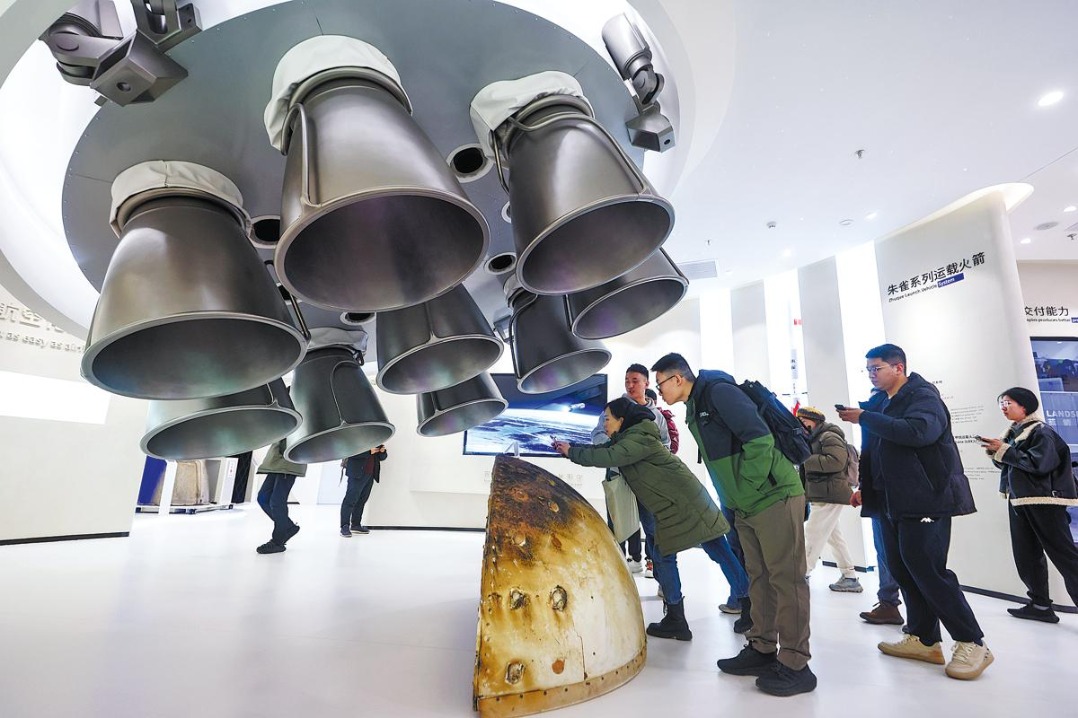Beijing's Palace Museum puts ticket scalpers in crosshairs
Recently, over 80 percent of booking requests identified as bot attempts
By JIANG CHENGLONG | China Daily | Updated: 2024-08-23 09:46
The Palace Museum in Beijing has implemented technical measures to prevent scalpers from hoarding tickets, as Chinese authorities intensify efforts to crack down on the illegal resale of tickets for tourist attractions.
A world-renowned tourism site, the Palace Museum opens its online ticket registration system at 8 pm every day, allowing visitors to book 40,000 tickets up to seven days in advance.
Since the beginning of the summer vacation, the number of tourists from other parts of the country and abroad visiting the museum has significantly increased.
To meet the growing demand, the Palace Museum has adjusted its ticket availability, increasing the daily quota by approximately 25 percent from the regular 40,000 visitors, Su Yi, the director of its digital and information department, told Beijing Radio and Television this week.
However, an increasing number of visitors have complained on social media that Palace Museum tickets are becoming harder to obtain because many scalpers are using automated bots to snatch up tickets online.
The scalpers then resell the tickets at prices far exceeding the original cost on social media, severely disrupting normal order.
Su said that since the summer peak season began, the number of abnormal online ticket booking requests had far exceeded expectations.
The Palace Museum analyzed data from the past 15 days, which indicated it had received over 30 million ticket booking requests. However, over 80 percent of them were identified as malicious bot attempts, making it very difficult for ordinary visitors to purchase tickets unless those attempts were intercepted.
"According to back-end data, in the most extreme cases, over 99 percent of ticket requests are abnormal and are blocked by our technical measures," Su said.
She said the Palace Museum is using technical measures to identify whether people making online bookings are scalpers, and prevent them from using large-scale bots to snatch tickets.
Additionally, after the daily ticket release, it employs manual methods to slowly release ticket quotas. That allows the back-end system to identify automated ticket scalping early and quickly block such behavior, thereby increasing the success rate of genuine visitors in purchasing tickets.
The problem of scalpers maliciously hoarding tickets is not limited to the Palace Museum, but is widespread across many key scenic spots across the country.
In response to a query on Aug 16 from a netizen on gov.cn, the official website of China's central government, the Ministry of Culture and Tourism said that cultural and tourism departments nationwide are working with public security, market regulation and cyberspace administration authorities to intensify the crackdown on scalpers reselling tickets.
It also emphasized that it has repeatedly required all scenic spots nationwide to retain manual ticket windows to satisfy tourists' needs. Additionally, it urged scenic spots with consistently low online reservation rates to abandon online reservations.
The ministry said it will actively listen to opinions from all sectors of society and further promote the rational adjustment of reservation systems in scenic spots to meet the needs of tourists.
According to a report by The Paper on Thursday, Beijing police recently conducted comprehensive investigations and crackdowns on the illegal scramble and resale of tourist attraction tickets by scalpers.
Since the start of the summer vacation, Beijing police have detained 179 individuals, the report said.
Beijing police said they maintain a "zero tolerance" policy toward illegal activities that damage the city's image and disrupt orderly tourism, and will continue to strictly crack down on ticket scalpers to protect the legitimate rights and interests of tourists.
jiangchenglong@chinadaily.com.cn
























